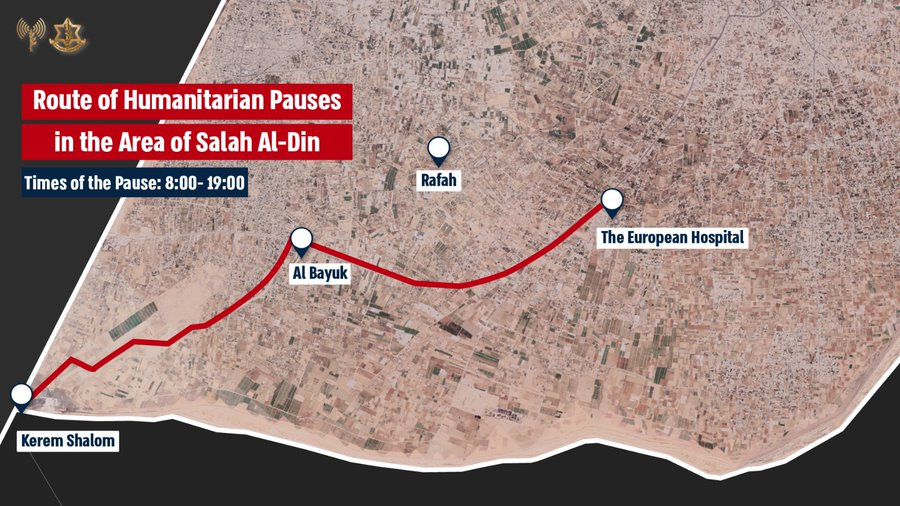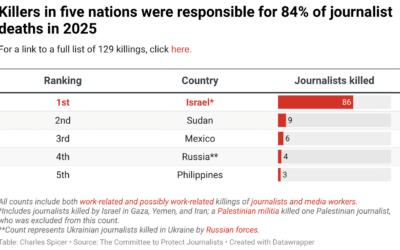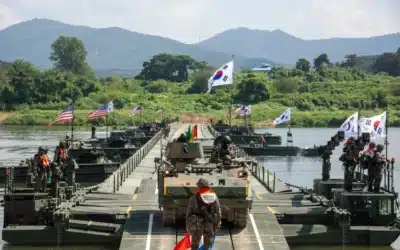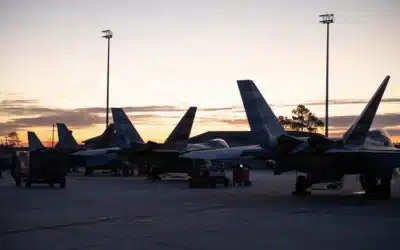A spokesman for the Israeli military downplayed the move, saying there would be no ceasefire or change in policy
Israel announced on Sunday that it would pause military operations during daylight hours along a seven-mile stretch of road in Gaza to relieve a backlog of aid shipments. After the announcement, a top Israeli official downplayed any shift in military operations.
The Israeli Coordination of Government Activities in the Territories (COGAT) said the Israel Defense Forces (IDF) would begin a daily “tactical pause” near the crowded city of Rafah.
“A local, tactical pause of military activity for humanitarian purposes will take place from [8 AM to 7 PM local time each] day until further notice along the road that leads from the Kerem Shalom Crossing to the Salah al-Din Road and then northwards,” COGAT posted on X. “This is an additional step in the humanitarian aid efforts that have been conducted by the IDF and COGAT since the beginning of the war.”
However, IDF spokesperson Rear Admiral Daniel Hagari downplayed the significance of COGAT’s announcement. “There is no cessation of fighting in the southern Gaza Strip, and the fighting in Rafah continues. Also, there is no change in the introduction of goods into the Gaza Strip,” he said in his own X post. “The axis carrying the goods will be open during the day in coordination with international organizations, for the transportation of humanitarian aid only.”
Virtually all major aid corridors into Gaza are either closed or severely restricted due to Israeli military activity. President Joe Biden’s temporary aid pier constructed along Gaza’s coast was disabled again on Friday due to poor weather. The lack of food and other supplies in Gaza has dropped to dangerous levels.
In the month following the Israeli invasion of Rafah, which shuttered Gaza’s border crossing with Egypt, only 68 trucks entered the Strip per day on average. That number marks a low point for the past eight months and falls far short of the 500 trucks needed to prevent disaster.
World Health Organization chief Tedros Adhanom Ghebreyesus told reporters on Wednesday that “A significant proportion of Gaza’s population is now facing catastrophic hunger and famine-like conditions.” UNICEF has similarly warned that about 90 percent of children in Gaza lack nutrition and face “severe” threats to their “survival, growth and development.”
The COGAT statement followed a new round of US sanctions on an Israeli group known as Tzav 9, which has violently attacked aid trucks attempting to reach Gaza. While Washington has sanctioned a handful of Israeli citizens over their actions in the occupied territories, the White House has allowed Tel Aviv to kill over 37,000 Palestinians without a change to US support for Israel.

































